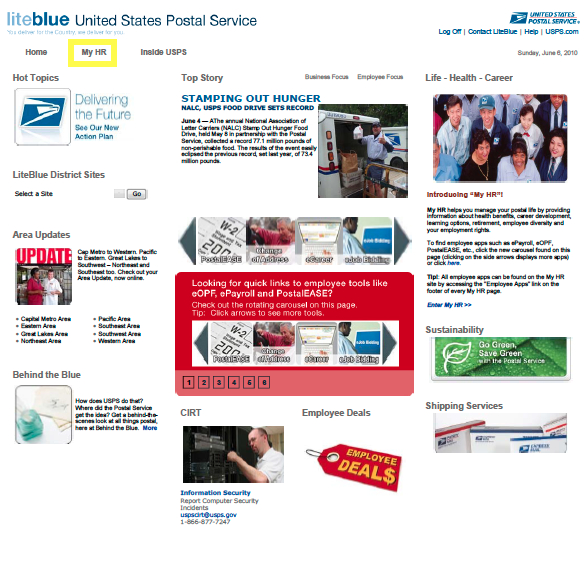Designating the Beneficiary of Your Federal Life Insurance Policy
 As a federal employee or retiree under the Federal Employees Retirement System (FERS) or Civil Service Retirement System (CSRS), you must make sure that you have properly designated a beneficiary on your federal life insurance policy, or your policy benefits will be paid according to a specific order of preference.
As a federal employee or retiree under the Federal Employees Retirement System (FERS) or Civil Service Retirement System (CSRS), you must make sure that you have properly designated a beneficiary on your federal life insurance policy, or your policy benefits will be paid according to a specific order of preference.
The Designation of a Beneficiary is a legal document that summarizes how benefits will be compensated in the event of your death. You are not required to complete this form if you want your benefits to be distributed according to the order of precedence specified by your particular policy. However, if you want benefits paid to someone else or in a different order, you must designate a beneficiary.
Order of Precedence
With the exception of Federal Employees’ Group Life Insurance (FEGLI), benefits for life insurance, retirement, Thrift Savings Plan (TSP) and unpaid compensation are automatically dispersed in the following order:
- Widow or widower;
- Child or children, with the share of any deceased child dispersed among descendants of that child;
- If none of the above, to your parents in equal shares or the entire amount to your surviving parent;
- If none of the above, to the executor or administrator of your estate;
- If none of the above, to your other next of kin as determined under the laws of the state where you lived.
FEGLI Designation
For FEGLI, there is an exception to the order of precedence that is indicated above. If you designated ownership of your FEGLI policy, benefits will be paid in the following order:
- Beneficiaries designated by your assignees, if any;
- If there is no beneficiary, to your assignees.
If you did not designate FEGLI ownership, and a valid court order is on file, benefits will be paid according to the court order. The court order supersedes any of your prior designations and the rest of the order of precedence if the appropriate office has received a certified copy of the court order on or after July 22, 1998, and before your death.
Make Sure Your Designation Remains Accurate
You are responsible for ensuring that your Designation of Beneficiary form remains accurate and reflects your current intentions. Take note that benefits will be paid based on a valid designation. Whenever you have an important change in your life, such as a death, divorce or marriage, you should review your beneficiary designation. A divorce does not invalidate a designation that names your former spouse as beneficiary; you must fill out a new designation form. You should also file a new form if there is a change in a beneficiary’s name or address.
Some Key Points for Designation of Beneficiary Documents
- Only the insured can sign the Designation of Beneficiary. There is an exception, however: If you assigned your insurance (using an RI 76-10 Assignment form), only the assignee or assignees have the right to make a designation.
- Your employing office must receive the completed form before you die. A designation delivered on a weekend or federal holiday is not “received” and is not valid until the next workday. If you die before your employing office receives the new designation, the Office of Federal Employees’ Group Life Insurance will pay benefits according to the next prior designation on file or, if there is no prior designation, under the order of precedence.
- Two persons must witness your signature. These witnesses must sign the form and give their addresses.
- Someone you named as a beneficiary on the designation form cannot act as a witness.
- Be sure to keep your designation up to date. If you marry or divorce, complete a new form. If your beneficiary’s address changes, complete a new form.
Some Common Errors that Could Invalidate Your Designation Form
Designation of Beneficiary forms include instructions and examples of how to complete the form. These forms must be complete and accurate. A designation may be invalid or unacceptable if:
- You have not signed the designation.
- The designation is signed on your behalf by a personal representative, power of attorney, or guardian.
- The designation is not signed by two witnesses.
- The designation contains multiple revisions, such as one or more cross-outs, erasures, or alterations.
- One or both of the witnesses is also named as a beneficiary.
- The amounts you designated do not add up to 100 percent.







